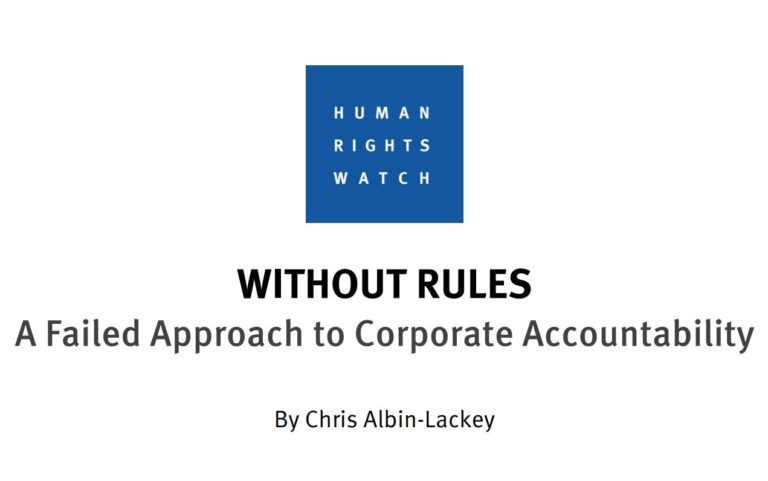Guiding Principles on Business and Human Rights
The UN Guiding Principles on Business and Human Rights are a set of guidelines for States and companies to prevent, address and remedy human rights abuses committed in business operations. child labour
Many global businesses are run with consideration for the well-being of the people whose lives they touch. But others—whether through incompetence or by design— seriously harm the communities around them, their workers, and even the governments under which they work. Much of the problem lies with companies themselves—even those that think of themselves as ethical. Too many still deal with human rights problems on the fly, without forethought and often in a de facto regulatory vacuum that they lobby vigorously to maintain. In many parts of the world, company human rights practices are shaped by self-created policies, voluntary initiatives, and unenforceable “commitments”—not by binding laws and regulations. History’s long and growing catalogue of corporate human rights disasters shows how badly companies can go astray without proper regulation. Yet many companies fight to keep themselves free of oversight, as though it were an existential threat.
By Chris Albin-Lackey

The UN Guiding Principles on Business and Human Rights are a set of guidelines for States and companies to prevent, address and remedy human rights abuses committed in business operations. child labour
The study aims at understanding some of the disaster-related issues and location-specific, local dynamics that impact on the communities, village households, householder livelihoods and daily survival difficulties, which directly affects the well-...Read More
Thailand is the fourth-largest exporter of seafood globally. For over a decade, labour abuse, particularly of migrant workers from Myanmar, Cambodia, and Lao PDR, has been widely documented within the Thai seafood industry. Media exposés linking...Read More
Authors: Hao Wang, Andrew Philpot, Eduard H. Hovy Women and children are trafficked between countries and within countries for illicit sexual purposes. This is a serious international crime. Domestic traffickers use a variety of means to adve...Read More
This report focuses on research exploring the labour challenges faced by the South Indian garment industry clustered around Tirupur. The authors found that the industry is at a crossroads. Despite decades of growth it faces three main labour chal...Read More